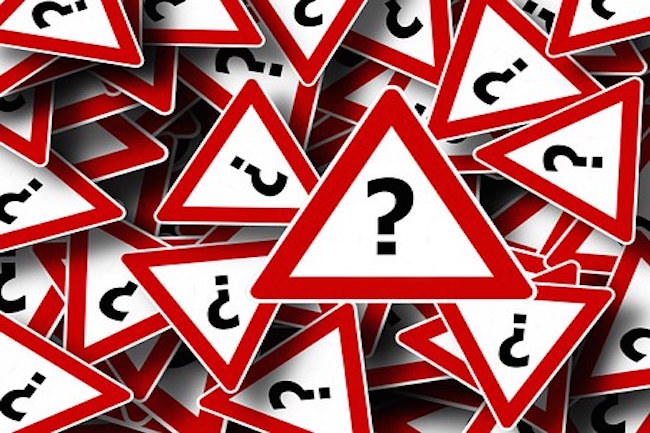Asking Small Questions in an Age of Uncertainty by JOE CARTER for The Gospel Coalition
Over the past few days, the governor of Washington state prohibited gatherings of more than 250 people in the Seattle area, the governor of Kentucky called on churches to suspend weekly services, and the governor of New York called in the National Guard to oversee a one-mile containment region in the New York suburb of New Rochelle.
Across the country, schools and colleges are closing their campuses, while in the halls of Congress, senators and representatives are putting themselves under self-quarantine. The stock market has dropped, risen, and dropped again. And all of these massive effects are a result of the smallest of organisms—a virus.
While only a small amount of the population has contracted COVID-19 (at least so far), the virus has infected the entire country with uncertainty. And many of us are feeling overwhelmed.
Types of Uncertainty
Uncertainty can be defined as a situation involving imperfect or unknown information in which we may (or may not) need to make a decision. In his 1921 book Risk, Uncertainty and Profit, Frank Knight distinguished between two types of uncertainty. The first type is when we know the potential outcomes in advance, and we may even know the odds of these outcomes in advance. This type is often called “risk.” However, true uncertainty, according to Knight, is unmeasurable and unquantifiable.
In a sense, all of life is uncertain. As Proverbs 27:1 tells us, “Do not boast about tomorrow, for you do not know what a day may bring.” But much of human activity involves mere risk, measurable forms of uncertainty. We know, for instance, that riding in an automobile entails a certain risk of injury or death. Yet because the uncertainty (risk) of auto accidents is quantifiable (and relatively low), millions of Americans drive without fear or concern.
True uncertainty, precisely because it is unquantifiable, can leave us paralyzed and afraid to act. But despite our best efforts to avoid it, such uncertainty is a feature of human life in a fallen world. And the lack of certainty about what the day will bring does not relieve us of our duty to make wise and thoughtful decisions about how we will proceed. In fact, the more power and responsibility that has been given to us, the more complex, difficult, and numerous our decisions become.
King David’s Clarifying Questions
Consider, for example, King David, who was frequently required to make difficult decisions based on the requests made of him. Throughout the book of 2 Samuel we find him using an uncomplicated technique that aided his decision-making: asking simple, clarifying questions. Time and again we find David asking small, simple questions such as, “What shall I do for you?” or “What do you want me to do for you?” (2 Sam. 21:2-4).




